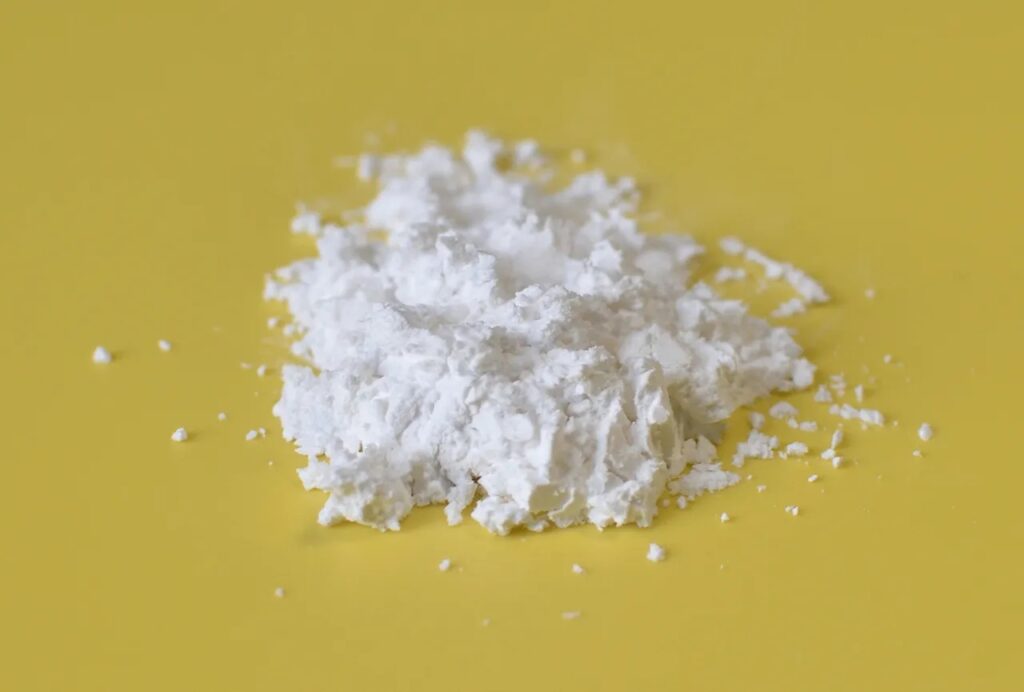Too Much Sugar, Not Enough Fibre? This Startup Kills Two Birds with One Enzyme
5 Mins Read
UK startup Zya has emerged from stealth with a dietary solution that can convert sugar into fibre for your gut, with hopes to get regulatory approval and commercialise in 2026.
American adults eat 17 teaspoons of added sugar every day – two to three times the recommended daily value. Over 11% of the population suffers from type 2 diabetes, while one in three people are clinically obese. And this has only been exacerbated by the fact that spending on sugar has grown recently, rising by 4% from pre-pandemic levels in December 2022.
Meanwhile, when it comes to fibre, only 5% of Americans eat the recommended amount per day. In fact, on average, people in the country eat just half of this value, despite fibre-rich diets being associated with a lower risk of obesity, type 2 diabetes, strokes, high cholesterol and heart disease (the leading cause of death in the country).
What people really have been spending on – apart from sugar – are semaglutide drugs like Ozempic and Wegovy, which already cost more in the US than other places. In 2022, nine million Americans were prescribed Novo Nordiksk’s Ozempic, a number that could rise to 24 million in the next decade, according to a report by Morgan Stanley.
The rise of these GLP-1 agonist drugs has also coincided with an increased consciousness about gut health. Fibre-forward food companies like Supergut, Olipop, Pendulum, Uplift Food and Poppi are already taking on the likes of Ozempic. Others, however, are working on boosting the body’s natural phenomenon to boost GLP-1 (which helps control appetite and metabolism). Our guts secrete incretin, a hormone that can be regulated with nutrients like dietary fibre and fermented foods.
One of these is London-based Zya, formerly called Inulox, which has just come out of stealth. The startup has developed an enzyme that can convert sugar into fibre inside the digestive system. “We want to use the power of enzymes to transform how our bodies use food,” co-founder and CEO Joshua Sauer told Wired.
How Zya’s enzyme transforms sugar into dietary fibre

Here’s how it works. The enzyme is an enhanced version of inulosucrase, an enzyme that converts sucrose into inulin fibre (found in plants like chicory root) and D-glucose. The enzyme acts on sugar before the body can break it down and absorb it. It’s produced using gene-edited microorganisms found in the human microbiome, which are capable of converting sugar to fibre in the gut – but here, this isn’t expressed in amounts that are useful.
Zya has modified the enzyme to scale up and improve its stability and performance. It does so by rearranging sugar molecules into inulin, which is a soluble fibre that promotes the growth of healthy gut bacteria. The startup claims that adding “micro quantities” of this innovation to foods can convert up to 30% of the sugar into dietary fibre, while retaining the taste profile.
Sauer and his team have tested the product on pigs (they weren’t harmed), who have digestive tracts similar to humans, and found “significant and meaningful levels of sugar-to-fibre conversion” in comparison to foods not containing the enzyme. They plan to test on humans too.
The conversion could be impactful enough to allow the food industry to make a new claim about foods containing the enzyme, which are expected to carry a price premium, albeit not too steep. Zya, which has raised £4.1M ($5.2M) across two funding rounds, is hoping to commercialise its product, called Convero, in the US by 2026.
But, to get there, it will need to pass some regulatory hurdles. Since enzymes aren’t listed on nutritional labels, companies would need to work with regulators to figure out how to list them as ingredients on food packaging, as well as back up any health claims they want to make.
Zya will also apply for regulatory clearance in Europe and the UK, but its US launch will initially be geared towards use in dry food products, with Sauer noting that manufacturers are already interested in using Convero in their portfolios.
Transforming the gut health industry – but with a warning label

Sauer told the Guardian that Zya doesn’t want to make any health claims at all – instead, it wants to back up its functional claim that it can turn sugar into dietary fibre. “You can enjoy sugar knowing it will be digested in a better way,” he said.
Zya is among a few other brands tackling the world’s sugar problem. Kraft Heinz has been working with Harvard University’s Wyss Institute for Biologically Inspired Engineering on a method to use enzymes found naturally in plants to convert sugar into fibre. The Supplant Company, meanwhile, makes Sugars from Fibre using agricultural sidestreams – the product has a lower glycemic response than glucose and is naturally prebiotic, hence good for gut health.
These innovations are contributing to the growing gut health market, which is expected to cross $120B in value by 2032. Moreover, they’re viable alternatives to Ozempic, Wegovy and Mounjaro for people who don’t want (or need) to take semaglutide drugs, and an innovative way for food manufacturers to boost the nutritional aspects of their products as consumer needs evolve.
However, there is a flip side to it. “These sugar-elimination products, if they work, are likely to encourage people to continue eating largely unhelpful foods,” Tim Spector, the King’s College London professor whose work focuses on the gut microbiome, told the Guardian. He added that Zya’s technology – which the company explains as “not just offering less ‘bad’, but also more ‘good'” – doesn’t address the other hurdles (like high fat content) present in the industry.
“Focusing on eating whole foods and reducing our intake of ultra-processed products should be everyone’s priority,” he added.




